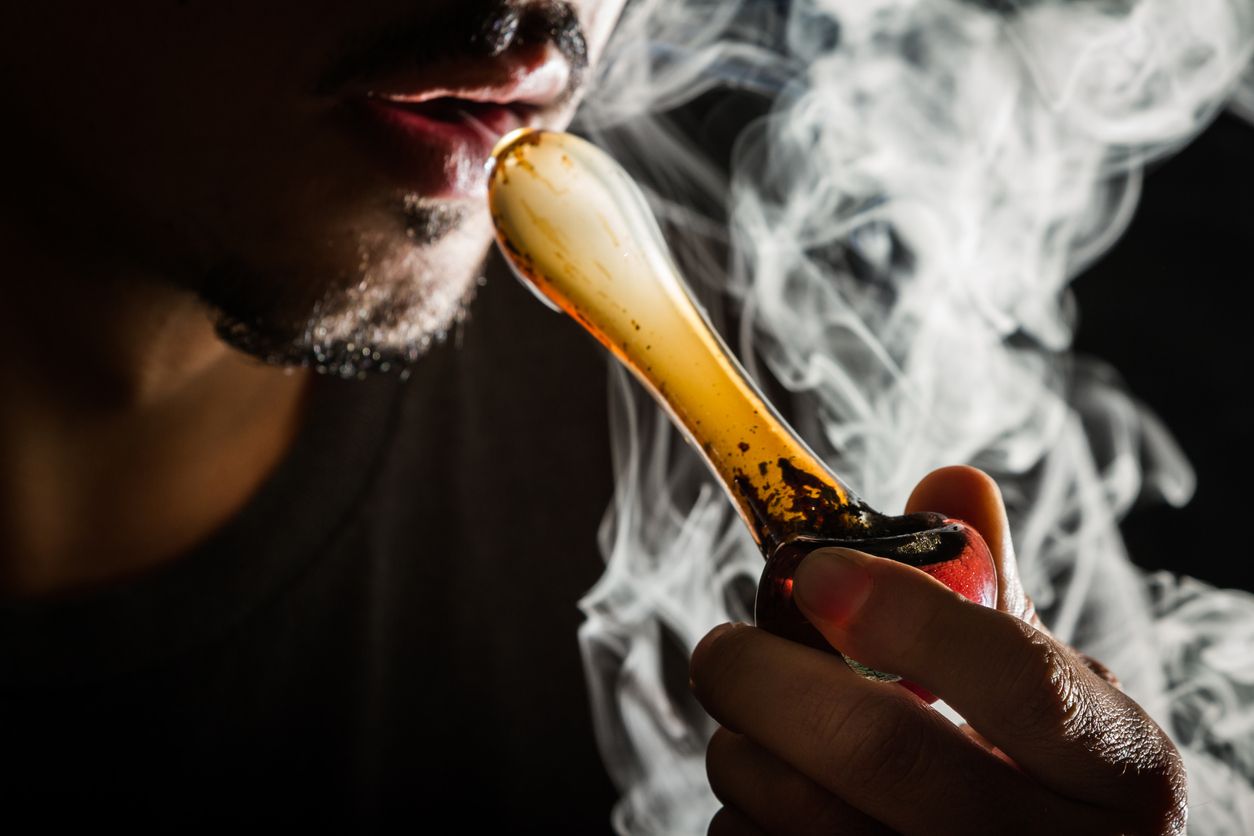Is smoking and vaping marijuana bad for your teeth?

Most people are aware that smoking cigarettes are terrible for your health as well as your teeth, but isn’t smoking and vaping weed the same thing? The truth is, any type of smoke that is introduced to the body can cause adverse effects, even if it is just a minor irritation. Now, you might be thinking about all the media hype that condones using marijuana concentrates and other products to cure all that ails you. The unfortunate reality is, all three of these activities will have an impact on your overall mouth health. If you are wondering what the differences are or if you are seeking alternative methods of ingestion that can be used to avoid this adverse effect, then this article will be a perfect read.
Why does smoking and vaping weed cause harmful effects on oral health
If you have started vaping because of beliefs that it was the healthier option, then the good news is, out of the two methods of ingestion, it truly is the healthiest option. However, there are a few different reasons for this adverse reaction to smoking and vaping.
1. Heat
Whether you’re smoking or vaping weed, a massive amount of heat is required to efficiently deliver the cannabinoids in a thick cloud. Though its likely believed that most of it go into the lungs, the truth is, it will all come into contact with the surface of your teeth. Heat dries out the mouth, which provides the ideal environment for bad bacteria to grow, while the good ones die from a lack of moisture. This leads to plaque build-up and many other periodontal issues.
2. Staining
Though vaping marijuana concentrates is undoubtedly the cleanest inhalation method of ingesting THC, it still leaves behind a small amount of residue that builds up over time. These oils will coat the teeth and stick to uneven surfaces in areas where fillings or other minimal damage is present and lead to staining that can be difficult to manage.
3. Cottonmouth (dryness)
A lot of people assume that since vaping weed using juices is essentially inhaling small water particles, the heat from the thick vapor cloud will dry out the mouth instantly upon contact. This creates a host of problems that can lead to even bigger issues on its own, but the most significant adverse effect from inhaling comes after smoking or vaping. THC is notorious for causing what is often referred to as dry-mouth or cottonmouth, which is a period where the natural production of saliva is hindered and may cause difficult to swallow, chew or speak. This enhances the already terrible effects that heat can cause on oral health.
4. Appetite stimulant
Cannabis has long been known to compare with the delightful side effect called the munchies. Where consumers feel a sudden urge to eat everything in sight, and that can lead to a lot of unhealthy snacking. Sugar, sodas, chips, candy, baked goods and pretty much every other go-to snack for the average stoner is an unhealthy choice, which is amplified when your teeth are not brushed immediately afterwards. Though it is possible to choose options like carrots or cheese, that are good for oral health, this side effect can profoundly impact your oral health.
Possible side effects of oral cannabis use
Dentists will often look for these specific things, as an indication of smoking cigarettes or vaping weed:
-
Gingival enlargement and or hyperplasia
Poor oral hygiene is the number one cause of this condition, followed by smoking and vaping. It consists of an overgrowth of tissue along the gums and teeth. -
Leukoplakia
This diagnosis can be caused by chewing tobacco and smoking or vaping weed. It consists of white spots or patches inside the mouth.
Xerostomia
This is a common symptom of many medical conditions, which can also be brought on by smoking or vaping weed. Symptoms of this include little to no saliva production.
Alveolar bone loss
This diagnosis is typically used as a prevention tool, as early diagnosis can help to limit the progression of symptoms to this full-blown periodontal disease. It is a response caused by the immune system, which can cause inflammation and bleeding in the gums.
Periodontitis
This is also known as Periodontal disease, it is an increase of harmful bacteria in the mouth that often causes inflammation along with the supporting structures of the teeth, as well as the jaw. This condition can be painful and result in loose or shifting teeth and bleeding or inflamed gums.
Alternatives to inhaling cannabis products
Though smoking cannabis has long been the most commonly used method of ingestion, there are many much healthier alternatives to consider. All of which offer a more consistent control over the effects. As well as a concentrated ‘high’ that is perfect to suit every need.
1.Marijuana edibles
These cannabis-infused goods can take many forms, including baked goods, elegant three-course meals, smoothies, shakes and more.
2.Cannabis-infused topicals
If you are looking for a recreational high, then topicals aren’t going to be the product for you. However, for anyone that is suffering from pain or inflammation, topical marijuana products can help to melt the pain away, and spot treats a specific area, with absolutely no adverse health effects or euphoric buzz.
3. Marijuana concentrates
Cannabis-infused concentrates are often used in the making of pot edibles, but they are most frequently consumed in pure form. The complete list of marijuana concentrates, or oral consumption includes oils (both cooking and drops), tinctures, crystals and decarboxylated bud, kief or hash. All of which, can be eaten alone or mixed into your favorite recipe to make new and exciting marijuana edibles.


